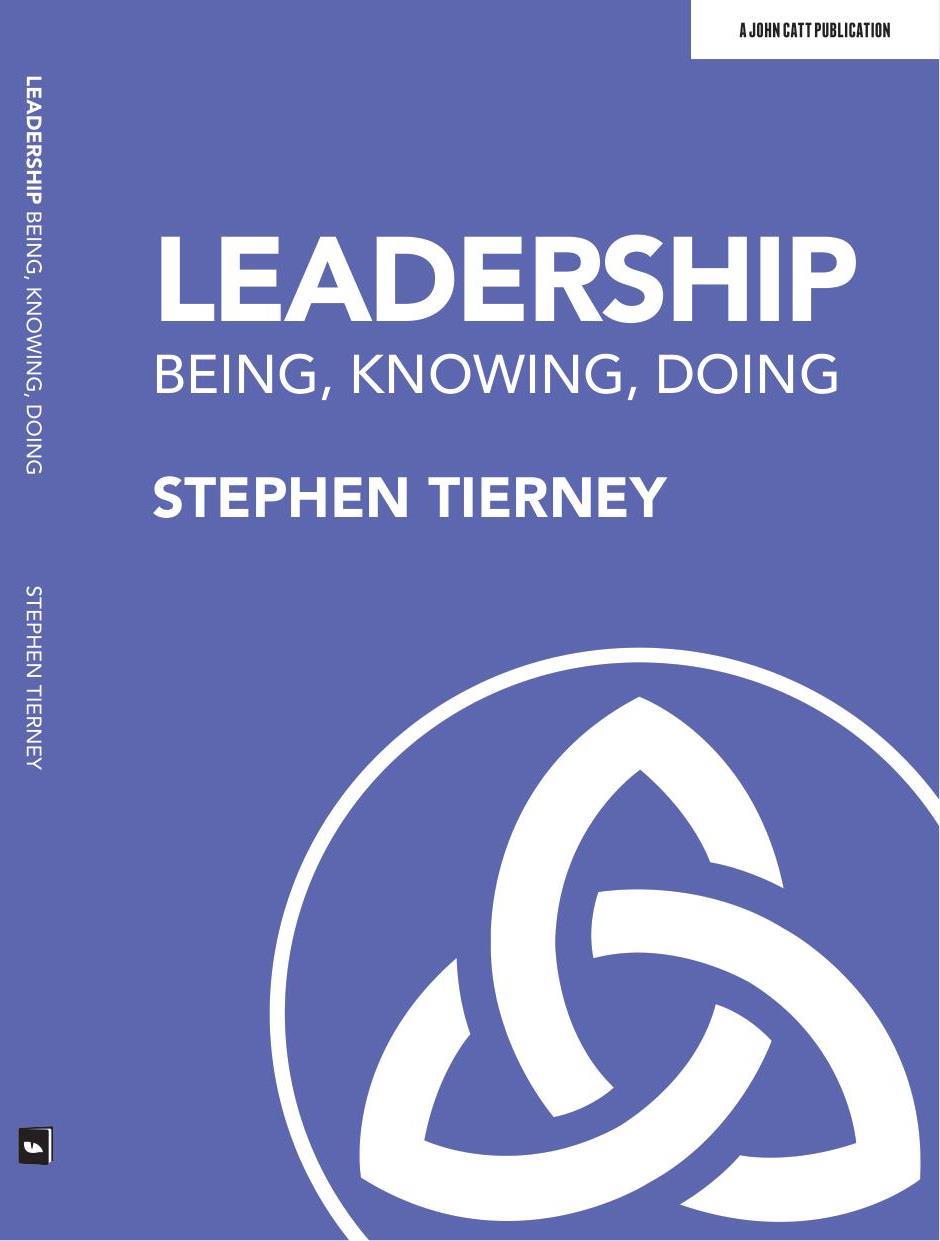Working in a cross phase Trust means we are better placed than most to understand and build a pupil’s learning journey going all the way from early years to Sixth Form. A number of staff are now working with each other, across the phases, to take transition to a different level. No longer a series of activities or events – part marketing, part social and part learning – but a coherent curriculum plan from Early Years to Year 8 and beyond.

Photo Credit: Gian Luigi Perrella via Flickr cc
This month saw our first ever Trust Calculations Policies produced. One is for addition & subtraction and the other for multiplication & division. It builds on work we have done in developing schemes of learning and continues the process of turning our aspiration to provide a coherent all through education into a reality.
The Addition & Subtraction Policy is here if you would like to see it:
New Addition and Subtraction Policy – BEBCMAT
One of the most important things to realise is that the real professional learning starts in the discussions between the teachers. Having teachers around the table with hugely differing experiences, discussing teaching and learning, adds a real richness to the debate. It is arguably in these debates that most learning and transfer of practice occurs. This helps teachers understand learning from a pupil’s perspective in terms of the knowledge they should have acquired and the manner in which it was taught. As a teacher you are also able to use the policies to “track back” to a previous year or key stage when a pupil has gaps in his or her learning and have a stage appropriate strategy to address them. Practical mathematics apparatus has been used by our Maths teacher in Year 7, with some of their low attaining pupils, for some time and to good effect. This would have been much more difficult without the expertise of primary colleagues.
The policies also ensure consistent high quality practice in both our two primary academies. At a time of workload pressures coming together to discuss and agree one policy rather than producing one in each primary school seems a no brainer.
There is so much more we will be able to do and with a bit of willingness and organisation so could all schools. We’re on with English, Religious Studies and Science are possibilities for the years ahead. A bit further down the line Modern Foreign Languages would be a good idea. It would possibly help if families of schools decided which was going to be the main language rather that a patchwork quilt of languages taught in primary schools which then are ignored when the pupil reaches secondary schools. Transition will be one of our key levers for raising standards.
#SaturdayThunk is based on something I’ve been thinking about, discussing, working on or has been topical that week. The thunk is designed to be bite sized and will deliberately be kept short. It will take one small issue or an aspect of something much bigger. The intention is for it to be read in two minutes as you’re relaxing or busy running around on you day off.




Thanks, I’m at an all through school and we’re starting to work on these kind of policies – so seeing one is really useful. Most staff on board but not all – any tips?
Posted by Caseby's Casebook | November 21, 2015, 8:10 amI think I’d just keep going with the ones who are engaged pulling a few more in each time. Over a year or two it becomes transformational. All change takes time and people join at different times, some want to see impact first. Good luck.
Posted by LeadingLearner | November 21, 2015, 8:21 amThanks, as you say, persistence.
Posted by Caseby's Casebook | November 21, 2015, 9:34 amThanks, Stephen.
I was the deputy of a 4-18 school and head of a 7-18 school and agree there are so many advantages in terms of continuity and coherence, and opportunities for collaborative working across the phases. In the school where I was a head it worked particularly well with MFL, Science, Music, Drama and PE, with senior school subject specialists working alongside primary specialists. Y6 classes were taught discrete Bio, Chem and Physics in the senior school specialist labs, for example, which made transition to the Y7 curriculum in some ways easier (and eagerly anticipated).
We also had a rolling programme of senior school HoDs making presentations to our Education sub-committee of governors alongside the appropriate Junior School subject co-ordinator, and that was always really good to listen to – for the head and SLT as well as for the governors. All part of working towards a unified and consistent curricular experience BUT with appropriate phase specialism too.
Posted by jillberry102 | November 21, 2015, 7:47 pmThanks Jill. Some great practice suggested. We’re not yet at that level but will keep moving forward
Posted by LeadingLearner | November 21, 2015, 9:08 pmMy immediate thought was, ‘Doesn’t the curriculum provide this continuity of learning?’ If it doesn’t then it needs ‘fixing’. Your work sounds vital. The sharing of practical pedagogy across phases is vital. The thought that older students need to work with concrete materials for many areas of the curriculum, just as younger children do, should be prominent in the mind of all teachers.
Posted by Narelle Daffurn | November 21, 2015, 10:30 pmThanks for the comment Narelle
Posted by LeadingLearner | November 21, 2015, 10:31 pm